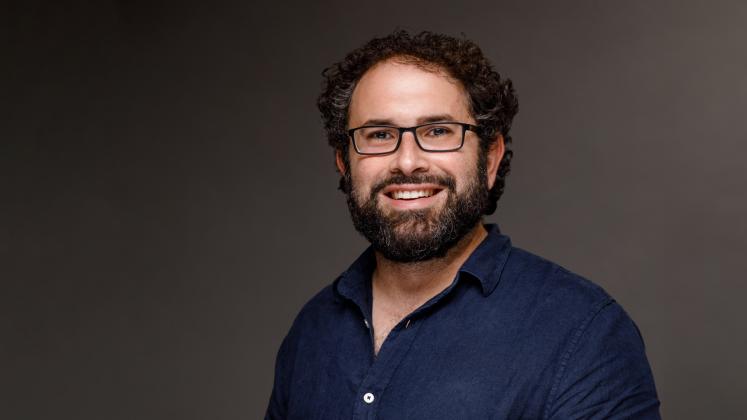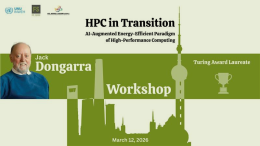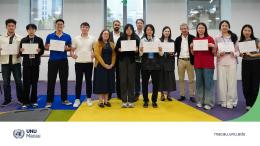On 3 October 2023, UNU will host “Artificial Intelligence and Society: On the Brink of Change”, a conversation with Benjamin Rosman, Professor in the School of Computer Science and Applied Mathematics, University of the Witwatersrand, South Africa, and Director of the Robotics, Autonomous Intelligence and Learning Laboratory. The event will start at 18:30 in the 2F Reception Hall at the UNU Headquarters in Tokyo.
Artificial Intelligence (AI) holds incredible promise for revolutionizing everything from health care to education, offering solutions that could greatly improve the quality of our lives. Recent advances in generative AI have ensured widespread interest in the field, with considerable investment from many sectors. However, as we see greater uptake of this new technology outside of the research lab, we must acknowledge that there are many risks that we may face if we are not careful in how we integrate AI into society.
Professor Benjamin Rosman will join UNU Rector Tshilidzi Marwala to discuss the potential of artificial intelligence in transforming our societies. Can we reliably predict and mitigate the risks of AI? Can AI play a role in the economic development of the Global South, particularly in Africa? How will AI transform conflict, peace and security?
The UNU Conversation Series aims to foster audience participation; you are encouraged to engage with the speakers during the conversation and at the reception that will follow, where all audience members are invited to enjoy hors d’oeuvres and drinks while exchanging ideas and making new contacts.
Please note that this event will be in English. Advance registration (by 02 October) is required. Please click on the REGISTER button above to access the online registration page.
Also note that entry into the venue will not be allowed after 18:45. Please be prepared to present identification at check-in.
About the speaker
Benjamin Rosman is a Professor in the School of Computer Science and Applied Mathematics at the University of the Witwatersrand, South Africa, where he runs the Robotics, Autonomous Intelligence and Learning Laboratory and is the Director of the National E-Science Postgraduate Teaching and Training Platform. He is also the Chief Science Officer of Lelapa AI, building AI for Africans, by Africans.
He received his PhD in Informatics in 2014, and previously obtained his MSc in Artificial Intelligence, both from the University of Edinburgh. He also has a BSc (Hons) in Computer Science and a BSc (Hons) in Applied Mathematics, both from the University of the Witwatersrand. His research interests focus primarily on reinforcement learning and decision-making in autonomous systems, specifically on how learning can be accelerated through abstracting and generalizing knowledge gained from solving related problems.






